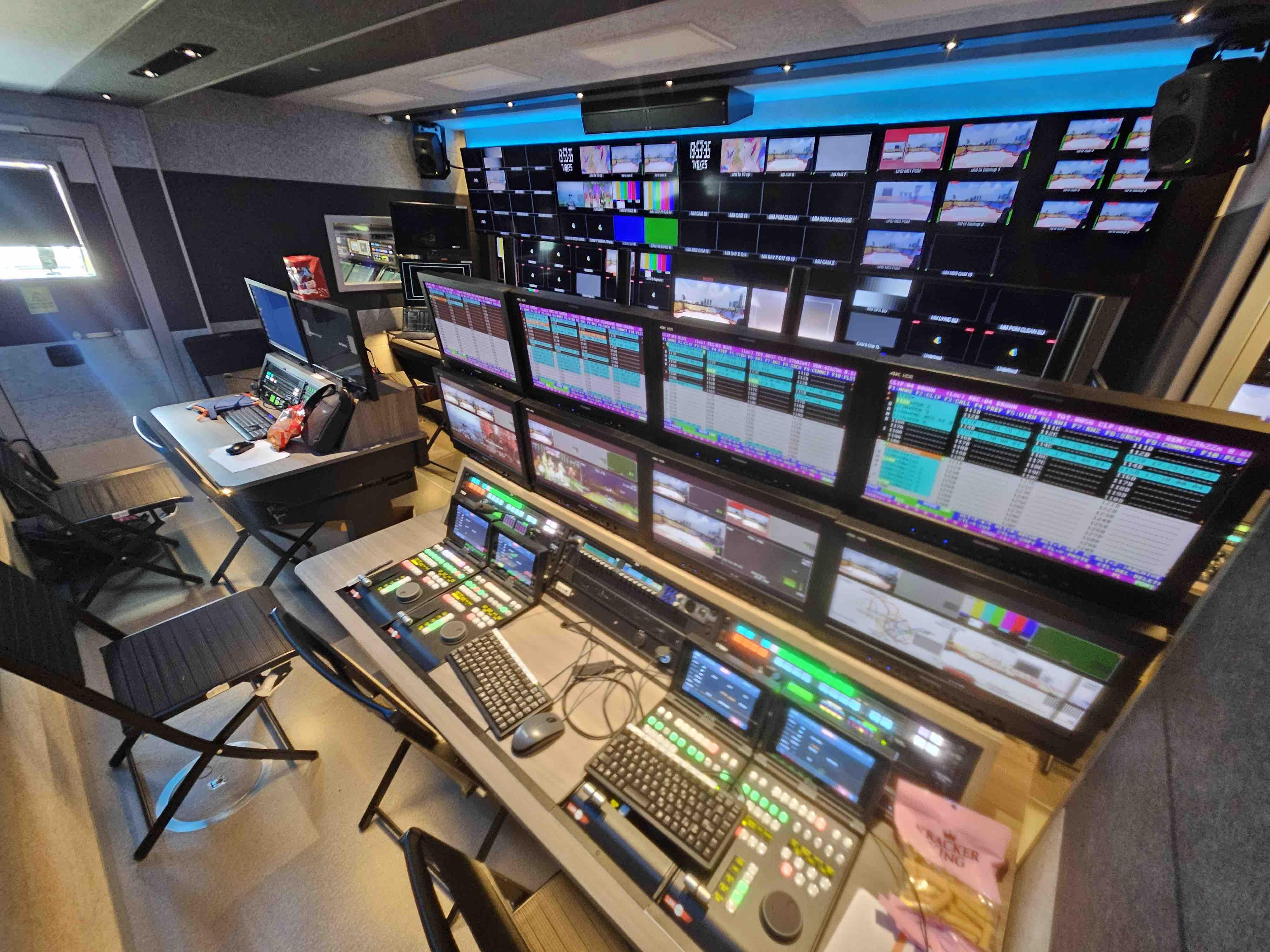A War for Control Of the Internet
Today, Americans spend $100 billion a year on mobile phone bandwidth. Add to that other media services—say, cable television and Internet access—and the American people spend as much on bandwidth as they do on fossil fuel and other energy.
“We’ve accepted the idea that bandwidth is something that people will spend hundreds of dollars on,” said Tim Wu, a professor at Columbia Law School and a prominent writer on law, media and culture. “Yet, bandwidth is controlled by a tiny cartel that sets prices high and keeps it there.”
Wu was one of the speakers on June 24 at the launch of Internet for Everyone in New York City.
EVERYONE SHOULD HAVE ACCESS
Internet for Everyone is a new organization with a single premise: all Americans should have access to fast, open, and affordable Internet service. Unfortunately, that’s not the case today. The United States has fallen from fourth to 15th in broadband adoption in the world since 2001, according to the U.S. Census Bureau.
Half the people in the United States do not have broadband service. Nearly 10 million rural households have no broadband provider. For those that do have the service, most pay too much for too little—based on worldwide standards.
Many in Europe and Asia have achieved the goals of universal deployment and competitive markets. Returning the United States to the top of international rankings would translate into millions of new jobs and hundreds of billions of dollars in increased economic activity.
Internet for Everyone has four key goals:
- Access. Every home and business in the United States should have high-speed Internet access.
- Choice. Every Internet customer must have a competitive choice, with lower prices and faster speeds.
- Openness. Everyone must have the right to free speech and commerce online in an open market without gatekeepers or discrimination.
- Innovation. The Internet should create jobs, foster innovation, spread new ideas, and serve as an engine for economic growth.
INFRASTRUCTURE
(click thumbnail)Vinton Cerf (L) and Tim WuLawrence Lessig, a professor of law at Stanford Law School and founder of its Center for Internet and Society, summed up America’s Internet problem in a single word—infrastructure.
“This is the first time we have sought to build a fundamental social infrastructure against the background of a Neanderthal philosophy—which is you don’t need government to do it,” Lessig said. “That Neanderthal philosophy has governed for the past eight years. It has allowed us to slide from being a leader in this field to an abysmal position.”
Lessig said rather than having a government that just supports the needs of private enterprise, we need a government that can combine the social, public, cultural and private interests into a meaningful Internet infrastructure.
After hearing much of the talk, FCC Commissioner Jonathan Adelstein called himself “a frustrated policy maker,” making it clear that what Washington regulators are doing doesn’t work.
“Eight years of inattention, benign neglect, and short-sighted policy choices have left us trailing,” Adelstein said. “We need a broadband policy.”
Yet, Adelstein, a Democrat, said the Republican majority of the FCC doesn’t think a broadband policy is necessary.
“Our polices are out of whack,” he said.
Vinton Cerf, now an executive with Google and a man many refer to as the “father of the Internet” for his part in designing the network’s common computer language, challenged Adelstein and the FCC to create a new kind of government oversight.
“Freedom is about freedom to choose,” said Cerf. “To choose which carrier moves your bits. To choose what services you want on the Net. To choose which equipment you use, what software runs on it, and which applications you want.”
Michael Winship, president of the Writers Guild of America-East, brought up new media—a place where content creators want to get the largest and most diverse audiences possible. To do that, he said, one must support Internet freedom.
Winship, who just came off a major writer’s strike over Internet payments, said for all the profit and growth the studio heads see in the Internet, they are still clueless how to use it. “We had the creative minds who were able to do that and I think the members of this coalition will be able to do that as well,” he said of the Internet for Everyone group.
INTERNET FREEDOM IN DANGER
In the United States, only 40 percent of racial and ethnic minority households have access to broadband, while 55 percent of non-Hispanic white household are connected.
“The FCC has neglected diversity,” said Adelstein. He pointed out that the ownership of old media today has little diversity.
The United States has the eighth-highest monthly rates for broadband service among leading developed nations. In real terms, this means Internet users in Japan pay about half the price for an Internet connection that’s 20 times faster than what’s commonly available to people in the United States.
Today, the Internet is the only medium of free speech that remains available to most people. Freedom of the remaining press extends only to those—mostly corporations—that own a newspaper, radio or television stations, or pay network.
However, that freedom is in danger. Though the Net can still deliver the free ideas of any person with a good idea and a connection, powerful political and economic interests are fast seeking new ways to filter or block user information. It’s a race against time.
There’s a lot wrong in the country today. But the digital divide is among the most dire situations. Either we fix it now or we’ll continue to live under the heavy hand of a few monolithic media conglomerates.
For more on Internet for Everyone, go to: www.internetforeveryone.org.
The professional video industry's #1 source for news, trends and product and tech information. Sign up below.
Frank Beacham is an independent writer based in New York.

